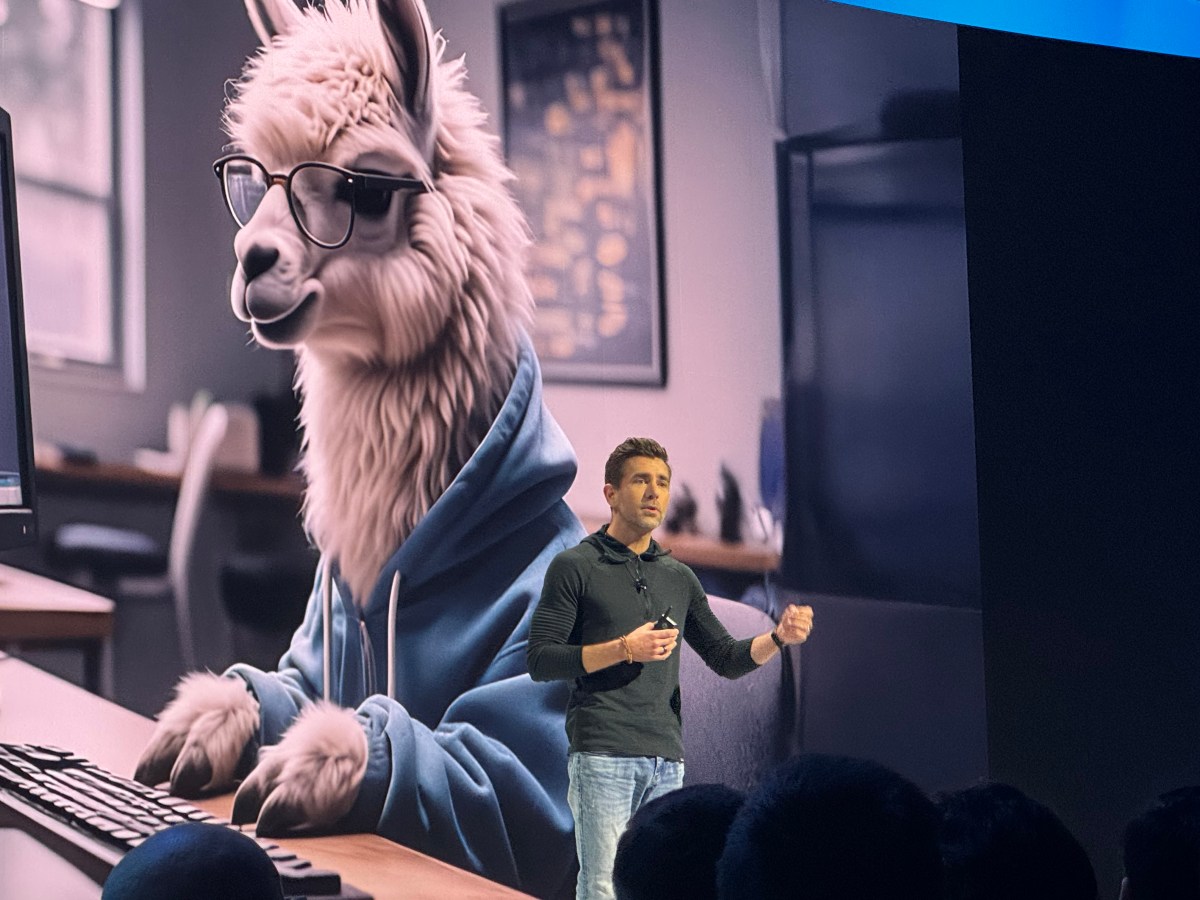LlamaCon: Meta's Bold Challenge to OpenAI's AI Throne
Meta's recent LlamaCon conference sent shockwaves through the AI community, marking a significant challenge to OpenAI's long-held dominance in the large language model (LLM) arena. The event showcased Meta's ambitious plans for its Llama family of LLMs, highlighting advancements in accessibility, research, and community building – a stark contrast to OpenAI's increasingly closed-door approach. Is this the beginning of a new era of open-source AI, or just a strategic maneuver in a rapidly evolving tech landscape?
Meta's Open-Source Strategy: A Gamble with High Stakes
OpenAI, despite its name, has increasingly restricted access to its cutting-edge models, prioritizing commercial partnerships and paid access to its API. This has left many researchers and developers feeling locked out, fostering a sense of frustration and hindering broader innovation. Meta, in contrast, has championed open-source development with its Llama models, making them freely available for research and non-commercial use. This bold strategy, while potentially less lucrative in the short term, aims to foster a vibrant ecosystem of developers and researchers who can contribute to improving and expanding Llama's capabilities.
This open-source approach offers several key advantages:
- Accelerated Innovation: A wider community contributes to faster improvements and bug fixes.
- Increased Transparency: Open-source models allow for greater scrutiny and identification of potential biases or vulnerabilities.
- Democratization of AI: Access to powerful LLMs empowers researchers and developers worldwide, promoting a more equitable distribution of AI resources.
Llama 2: A Powerful Contender
LlamaCon's highlight was undoubtedly the unveiling of Llama 2, the latest iteration of Meta's LLM. Llama 2 boasts significant improvements over its predecessor, boasting enhanced performance across various benchmarks and improved safety features. Meta's collaboration with Microsoft further strengthens its position, offering access to Azure cloud infrastructure and integrating Llama 2 with Windows. This partnership underscores the growing rivalry between Meta and OpenAI, particularly given Microsoft's significant investment in OpenAI.
Beyond the Technology: A Community Focus
LlamaCon wasn't just about showcasing the technical advancements of Llama 2. Meta also emphasized the importance of community building and fostering collaboration. The conference provided a platform for researchers and developers to network, share insights, and collaborate on future projects. This community-driven approach reflects a broader shift in the AI landscape, where open collaboration is becoming increasingly vital for sustained progress.
The Future of the AI Landscape: Open vs. Closed
The success of LlamaCon and the broader adoption of Llama 2 will significantly impact the future of the AI landscape. It represents a direct challenge to OpenAI's closed-source model, potentially ushering in a new era of open-source dominance. However, the long-term implications remain uncertain. Open-source models might face challenges in commercial viability and security compared to their closed-source counterparts. The coming years will be crucial in determining whether Meta's gamble pays off, ultimately shaping the future of AI development and accessibility.
Call to Action: What are your thoughts on Meta's open-source approach to AI? Share your opinions and predictions in the comments below! Are you excited about the possibilities of Llama 2 and the future of open-source LLMs? Let's discuss.

